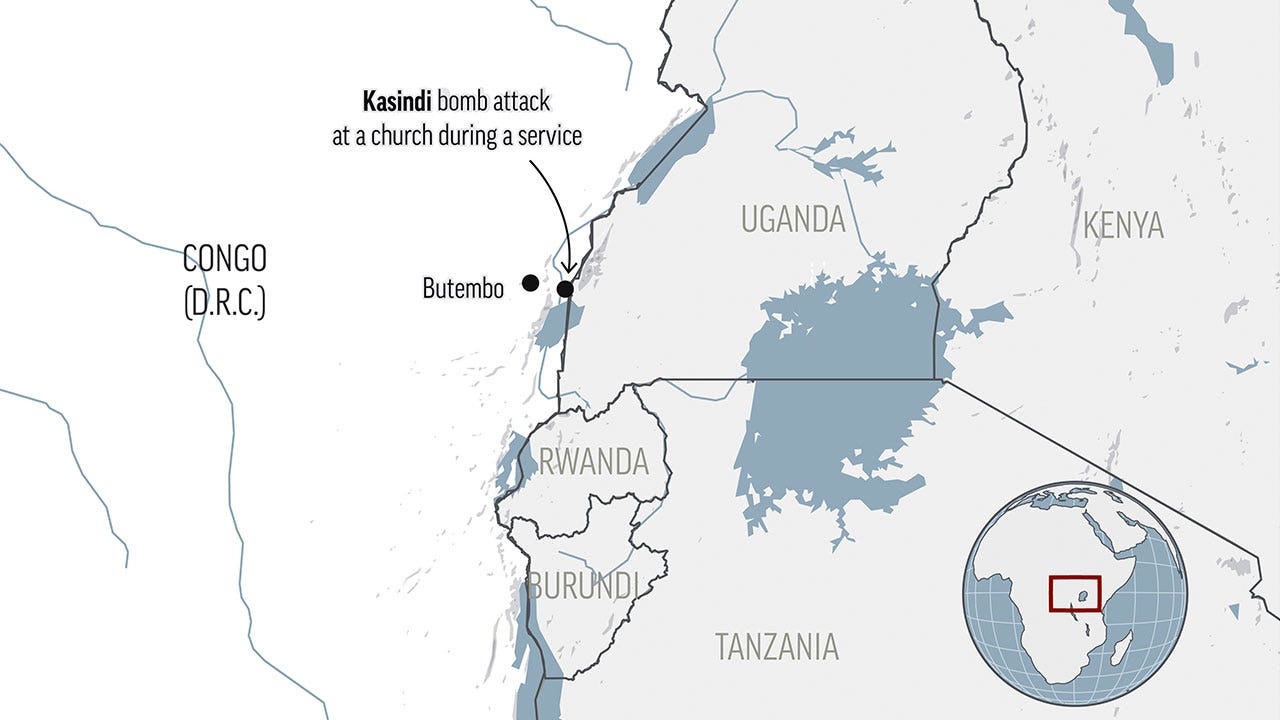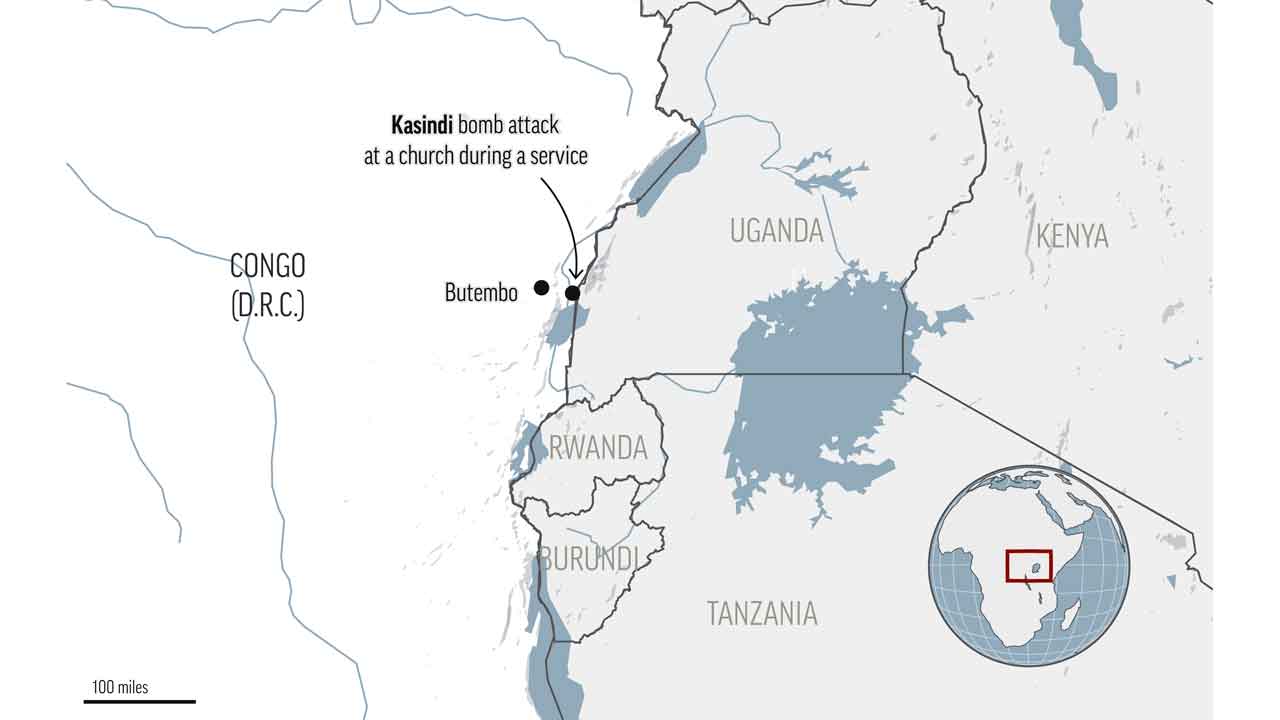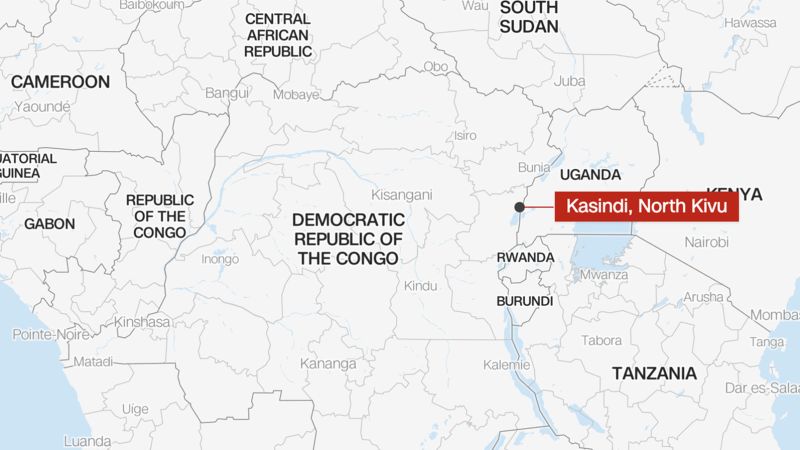The Facts
A bomb attack during a church service on Sunday reportedly killed at least 10 people and wounded 39 others in the war-torn eastern Democratic Republic of Congo (DRC).
Deeming it a "terrorist act," the DRC military said the attack occurred at a Pentecostal church in Kasindi in North Kivu province, which borders neighboring Uganda, and that a Kenyan national had been arrested in connection.
The Spin
Establishment-critical narrative
The ADF bombing is a reminder that there are scores of rebel groups operating in eastern DRC beyond the notorious M23 rebels, and emphasizes that there is no simple military solution to the crisis. Since only the symptoms of this extremist violence are being addressed, but not the root causes of insecurity, even the 14K-strong UN peacekeeping mission failed to produce any significant results. Only if the needs and peace initiatives of the local population take center stage in multinational stabilization efforts can there be hope for peace and social cohesion.
Pro-establishment narrative
The church bombing is undoubtedly a setback and proves that it's no easy task to decisively weaken a terrorist militia like the ADF, which employs guerrilla tactics in difficult terrain. Still, it seems doubtful that negotiations with the ADF with its Islamization fantasies would be anything more than a waste of time. Moreover, military cooperation between Kinshasa and Kampala has already proven a success for Uganda, which has been able to secure its DRC border. Now, further efforts are needed to eliminate the ADF threat in eastern Congo as well.



